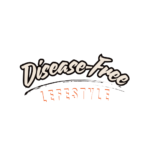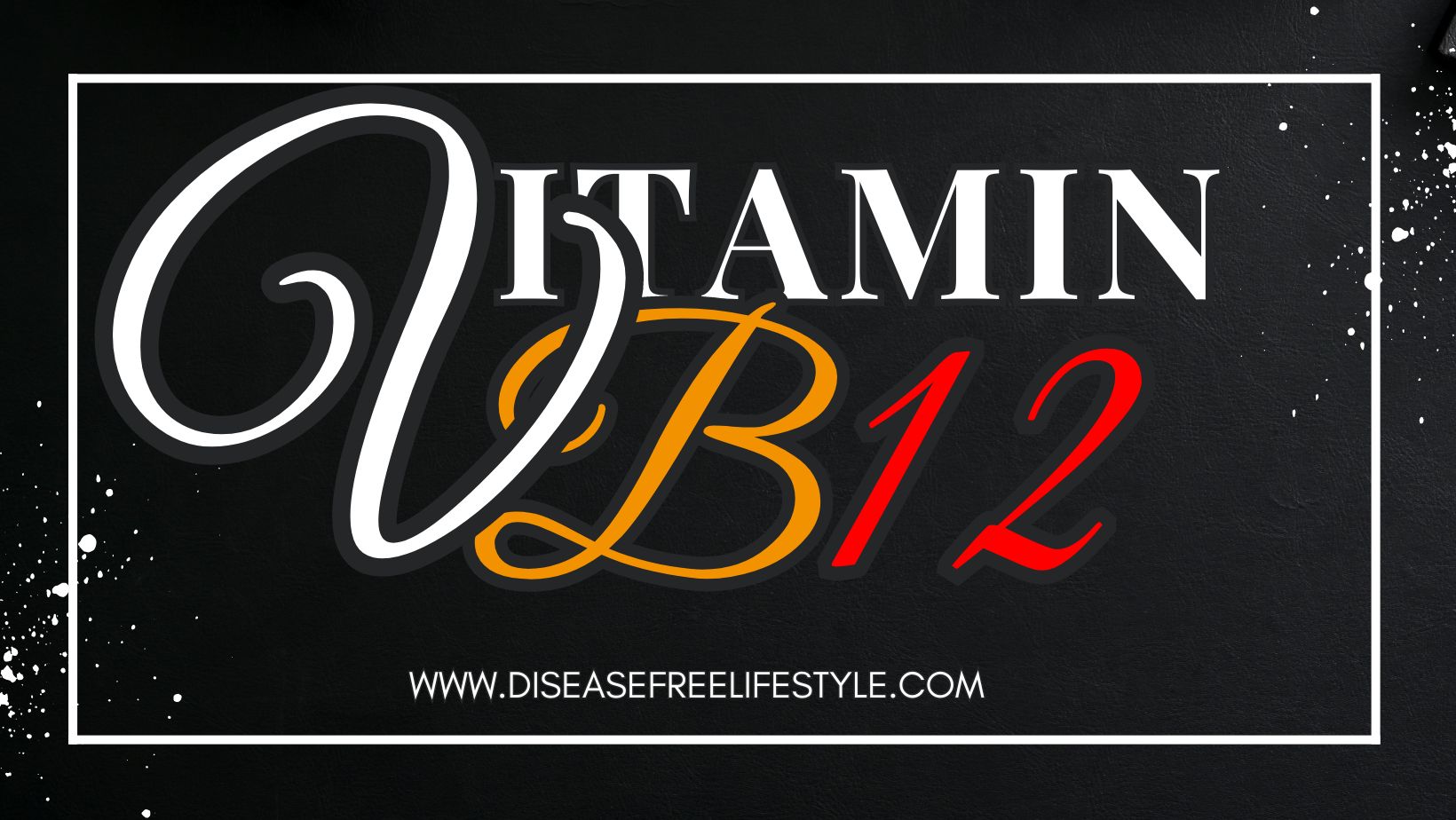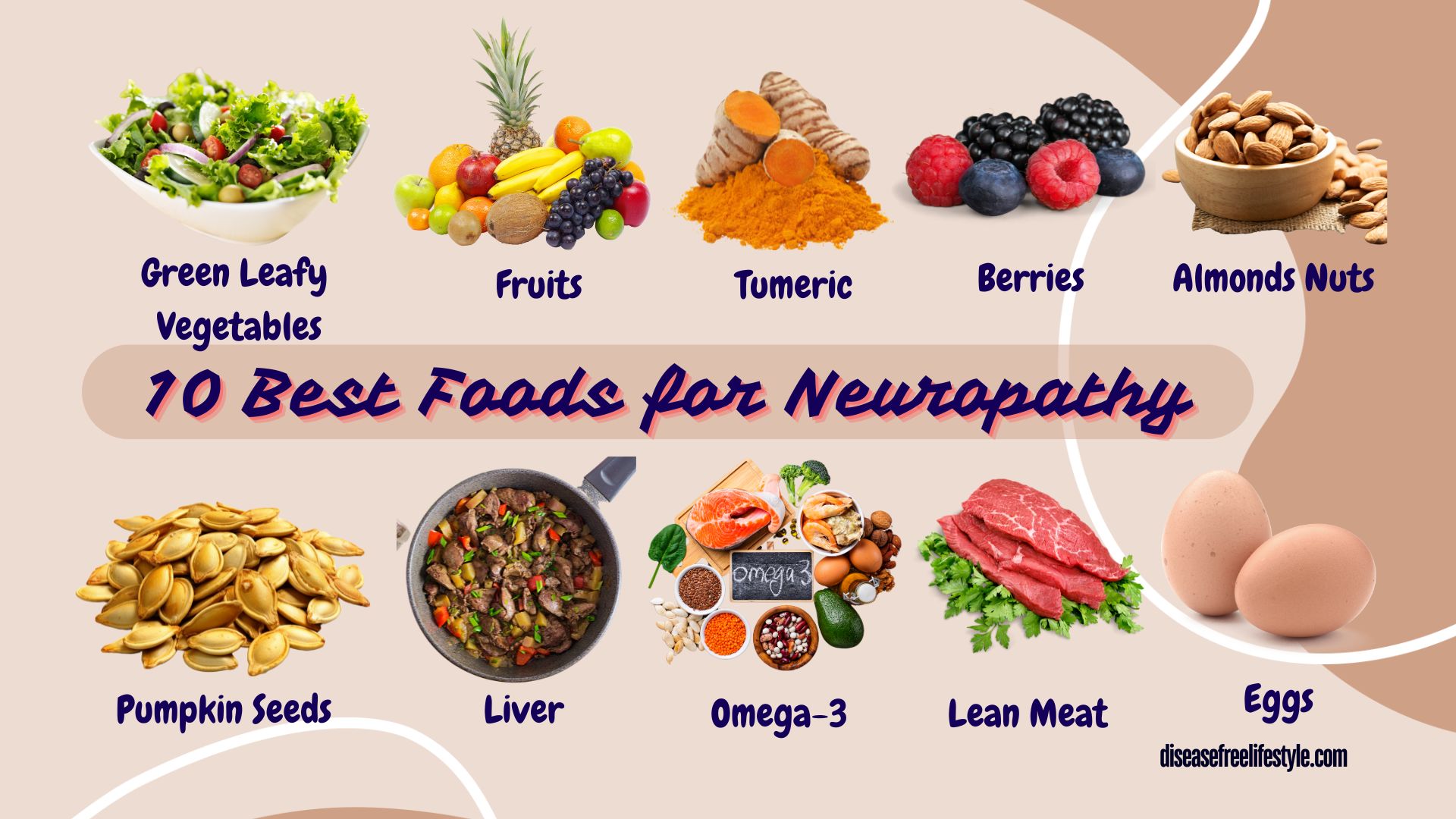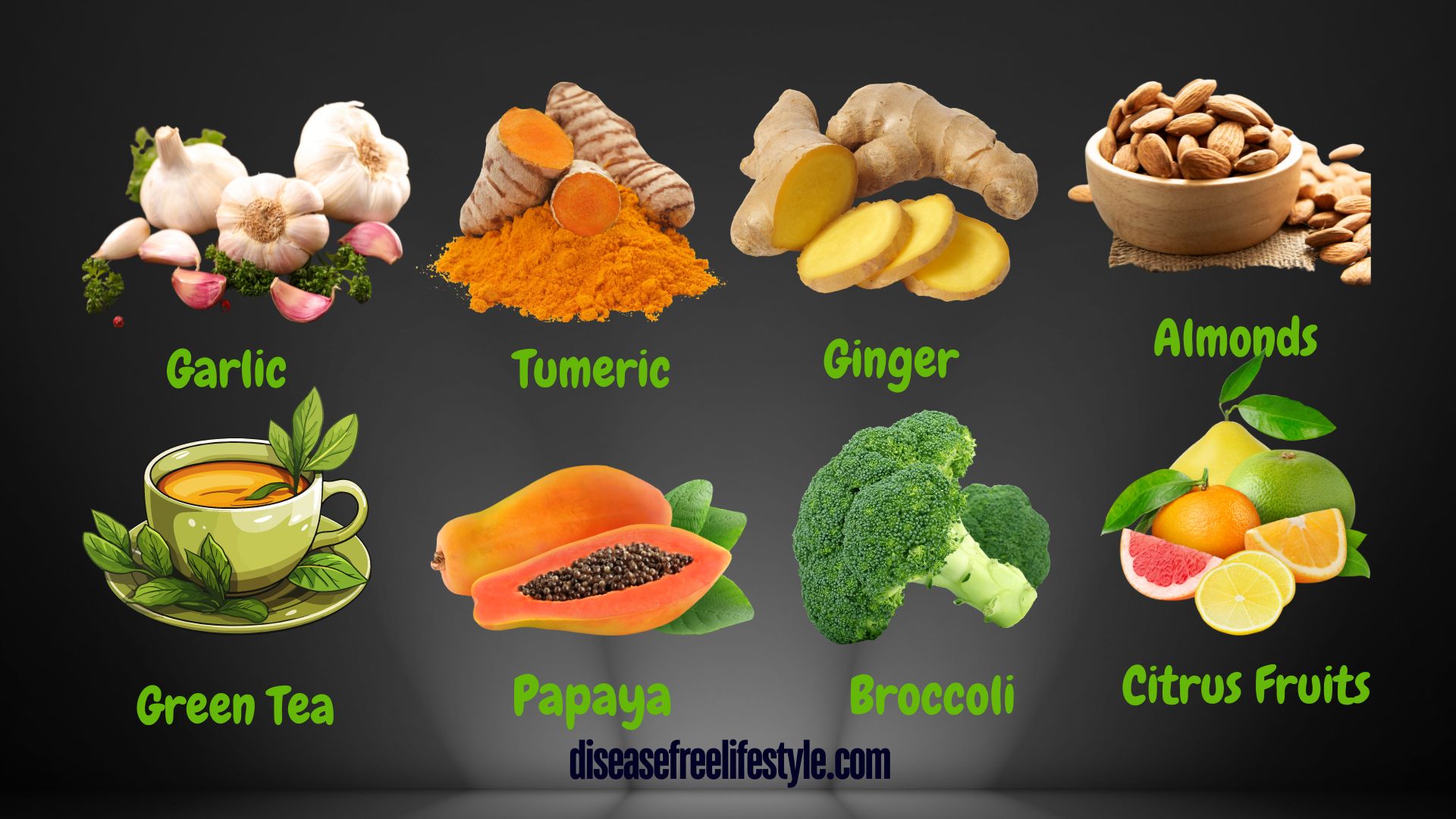Introduction
Discover symptoms of Vitamin B12 deficiency and effective remedies for a healthier lifestyle in our comprehensive guide. Maintaining a healthy body requires proper nutrition, which is essential for every bodily function. Nutrition comprises carbohydrates, proteins, fats, vitamins, minerals, fiber, and water—all of which play a vital role in ensuring our body operates optimally. If our body lacks any of these nutrients, it may lead to a variety of health issues. Today, we will focus on an important vitamin that is often overlooked but crucial for overall well-being: Vitamin B12.
Vitamin B12 deficiency can lead to a range of health complications, including anemia, damage to the nervous system, and other metabolic disorders. If left untreated, this deficiency can have severe long-term consequences. In this article, we will discuss the symptoms of Vitamin B12 deficiency, its potential health impacts, and the ways you can address this deficiency effectively.
The Role of Vitamin B12 in Our Body
Vitamin B12, also known as cobalamin, is an essential nutrient that plays a key role in several bodily processes, including DNA synthesis, the formation of red blood cells (RBCs), and maintaining nerve health. This vitamin is also critical for metabolic function and maintaining a healthy nervous system.
While other vitamins like Vitamin A, D, E, K, and C are often highlighted for their importance, Vitamin B12 is frequently underappreciated, even though a deficiency can cause serious damage to the body. A deficiency in Vitamin B12 can reduce the number of healthy RBCs, which in turn reduces the oxygen-carrying capacity of the blood, affecting overall energy levels.
Symptoms of Vitamin B12 Deficiency
Vitamin B12 deficiency can manifest through a wide range of symptoms. Here are some of the most common signs to watch out for:
- Persistent Fatigue and Weakness
One of the first and most common symptoms of Vitamin B12 deficiency is feeling tired and weak, even without any significant physical exertion. This is because a lack of Vitamin B12 decreases RBC production, which reduces the oxygen supply to the body, resulting in fatigue and dizziness. - Yellowish Skin (Jaundice-like Symptoms)
Vitamin B12 deficiency can lead to a condition called megaloblastic anemia, where the body produces abnormally large and immature red blood cells. This results in reduced RBCs, leading to a yellowish tint in the skin and eyes, which resembles jaundice. - Migraine and Headache
Studies have shown that Vitamin B12 deficiency may be linked to migraines. A study conducted in 2019 involving 140 migraine patients found that 50% of them suffered from Vitamin B12 deficiency. Chronic migraines may therefore be an indicator of this deficiency. - Depression and Mood Changes
Vitamin B12 is essential for proper brain function, and its deficiency can lead to increased levels of homocysteine, an amino acid that can cause oxidative stress and damage to the brain. This can manifest as depression, irritability, or other mood disorders. If you have been experiencing unexplained mood changes or persistent sadness, it could be a sign of a deficiency. - Memory Problems
Vitamin B12 deficiency may also impact cognitive abilities. If you or a family member have noticed difficulty remembering things, or a decline in memory, it could be related to low Vitamin B12 levels. The vitamin is vital for maintaining healthy brain function and the production of neurotransmitters. - Glossitis and Mouth Ulcers
Glossitis, a condition characterized by an inflamed and swollen tongue, is another sign of Vitamin B12 deficiency. You may experience pain or notice a red and swollen tongue, which may also develop ulcers. Stomatitis, or pain in the mouth, under the tongue, or in the throat, can also occur due to low Vitamin B12 levels. - Numbness and Tingling Sensations
If you experience numbness, tingling, or a “pins and needles” sensation in your hands, feet, or other extremities, this could be due to Vitamin B12 deficiency. Low levels of the vitamin can affect the motor and sensory nerves, leading to muscle cramps or nerve-related sensations. - Vision Problems
The optic nerve, which connects the eyes to the brain, can also be affected by Vitamin B12 deficiency. This can result in blurred or disturbed vision. If untreated, the deficiency can even lead to more severe visual disturbances.
Side Effects of Vitamin B12 Deficiency
If Vitamin B12 deficiency persists for a long time, the side effects can be serious. The body can become anemic, and it may also start damaging the nervous system. Some of the long-term health impacts include:
- Nerve Damage: Prolonged deficiency can lead to nerve damage, which may cause symptoms like numbness, muscle weakness, and loss of balance. This condition is known as peripheral neuropathy.
- Cognitive Decline: Chronic deficiency may impair cognitive abilities, leading to memory loss and difficulty concentrating.
- Paralysis: In extreme cases, nerve damage caused by a lack of Vitamin B12 can lead to partial paralysis, especially in the lower limbs.
- Metabolic Disorders: Vitamin B12 is essential for converting food into energy. Deficiency can slow down metabolism, resulting in fatigue and weight gain.
How to Address Vitamin B12 Deficiency
The good news is that Vitamin B12 deficiency can be treated and prevented by making some dietary changes. Below are some of the best sources of Vitamin B12:
Animal Protein
The richest sources of Vitamin B12 are animal products. These include meat, fish, and eggs. Eating these foods can help restore Vitamin B12 levels effectively. Animal liver, in particular, is very high in Vitamin B12—a 100-gram portion of liver can supply a week’s worth of the vitamin.Eggs
Eggs are another great source of Vitamin B12. Just one egg can provide about 25% of your daily Vitamin B12 requirement. Including four eggs per day can help meet your daily needs.Vitamin B12 in Milk and Dairy Products
For vegetarians who do not consume meat, fish, or eggs, milk and other dairy products are a good option for obtaining Vitamin B12. A glass of milk can cover approximately 50% of the daily recommended intake of Vitamin B12.Sprouted Seeds
Sprouted seeds, such as chickpeas and mustard seeds, are also known to contain Vitamin B12. Eating sprouted grains and seeds can contribute to replenishing Vitamin B12 levels.Fruits and Vegetables
While Vitamin B12 is not commonly found in plant-based foods, some fruits and vegetables contain small amounts. Spinach, mushrooms, beetroots, and squash all have a certain level of Vitamin B12. Fruits like apples, bananas, blueberries, and citrus fruits also provide small amounts of the vitamin.Supplements
For those who are unable to get enough Vitamin B12 through their diet alone, supplements are a convenient and effective option. Vitamin B12 supplements come in various forms, including oral tablets, sublingual lozenges, and injections, depending on the severity of the deficiency.
Tips for Proper Absorption of Vitamin B12
- Food Preparation: When preparing vegetables that contain Vitamin B12, be sure to wash them thoroughly before cutting. Washing them after cutting can result in the loss of vital nutrients, including Vitamin B12.
- Balanced Diet: Ensure that your diet is well-balanced, including a mix of proteins, vegetables, and fruits to get a variety of nutrients that help absorb Vitamin B12 efficiently.
Conclusion
Vitamin B12 is an essential nutrient that plays a crucial role in maintaining overall health. From red blood cell formation to nerve function, its importance cannot be overstated. The symptoms of Vitamin B12 deficiency—fatigue, yellowish skin, migraines, depression, memory problems, numbness, and vision disturbances—should never be ignored, as long-term deficiency can cause irreversible damage.
To prevent Vitamin B12 deficiency, it is important to include adequate sources of the vitamin in your diet, particularly if you follow a vegetarian or vegan lifestyle. If you suspect you have a deficiency, consult a healthcare professional to determine the best course of treatment.
Taking care of your nutritional needs today can help you maintain a healthy, active, and vibrant life in the future.









